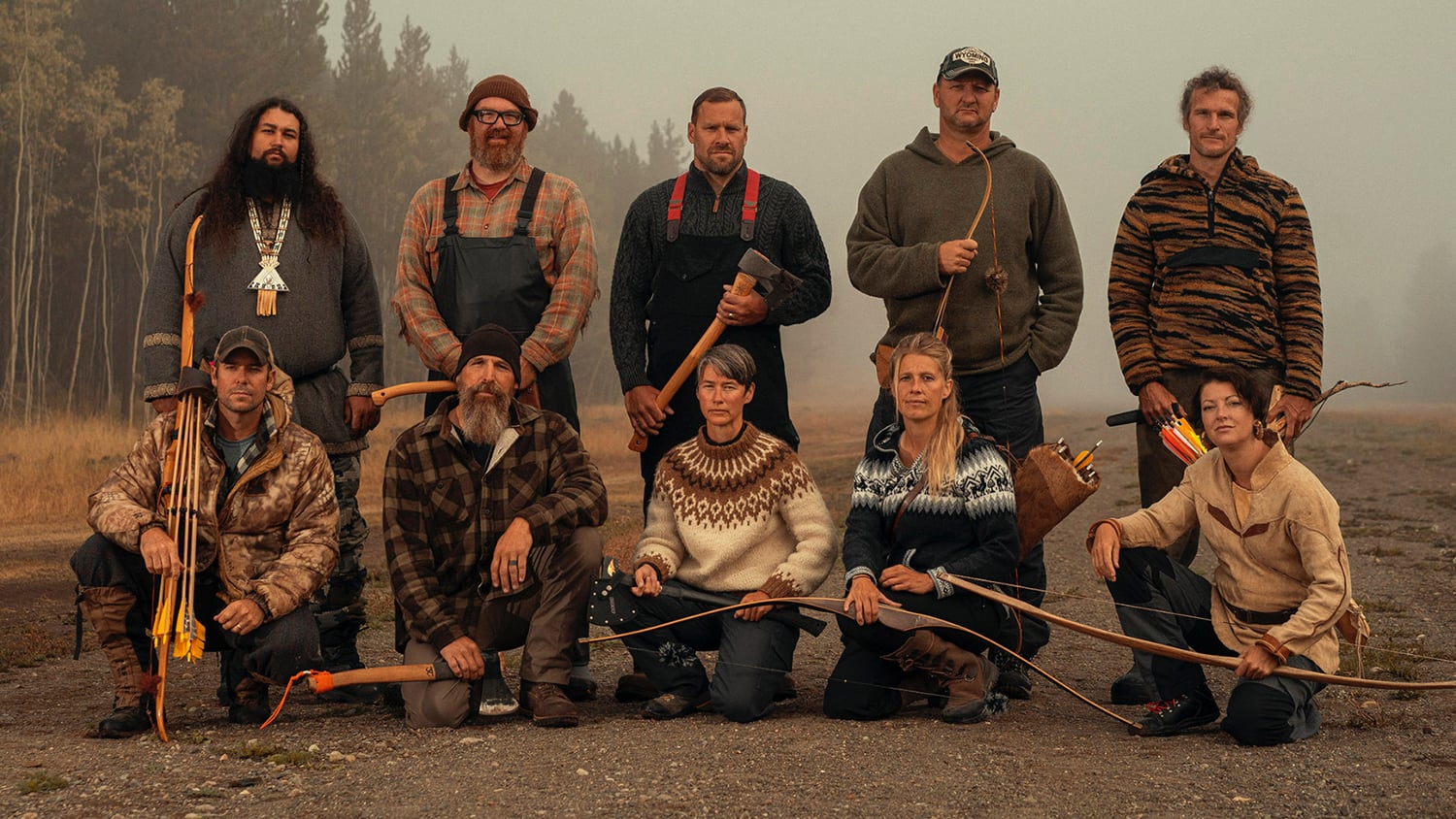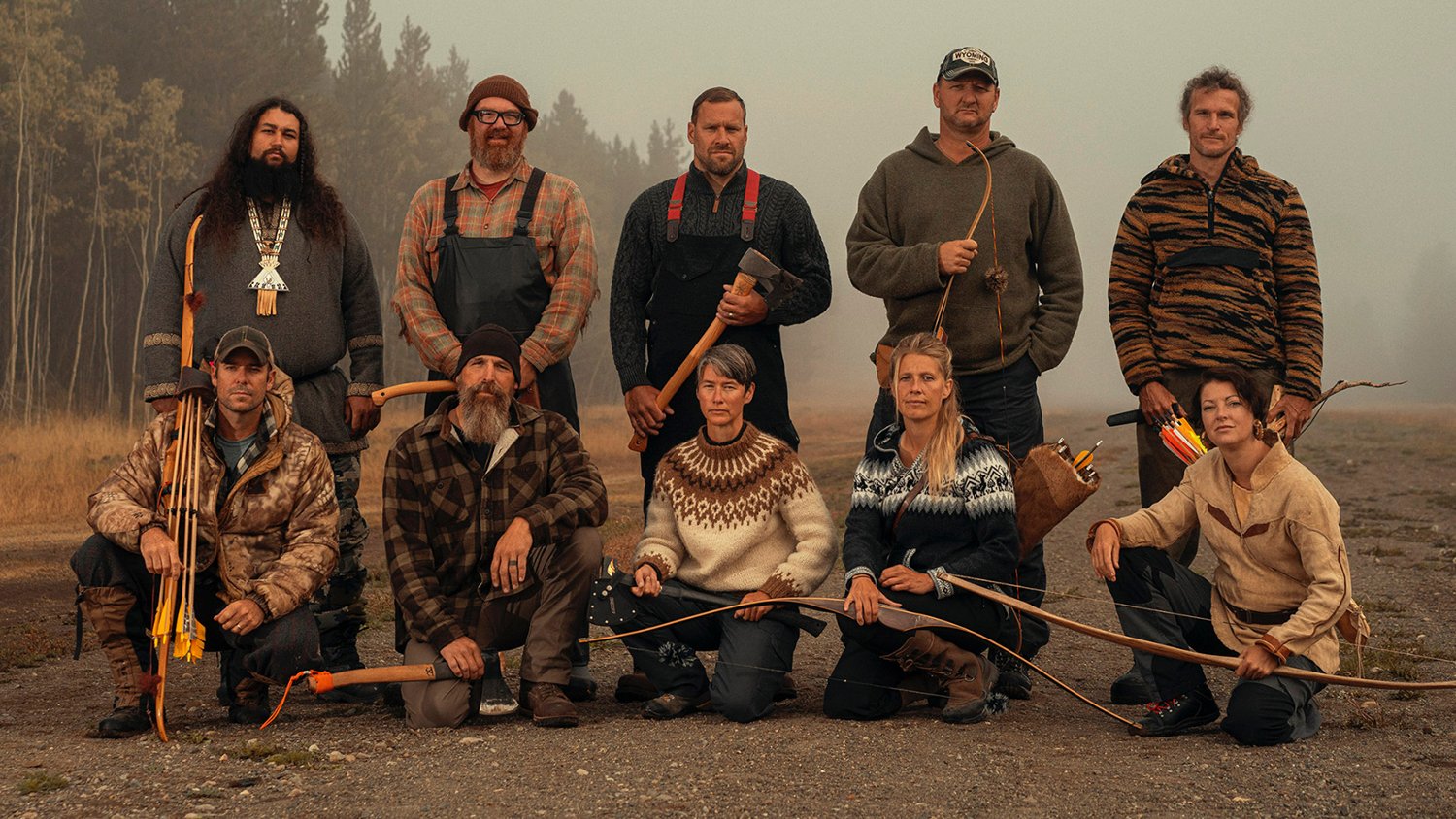
History’s ‘Alone’: 3 Survival Skills You Need That Have Nothing to Do With the Wilderness
The History Channel’s Alone is one of the most intense survival reality TV shows. In this contest, a contestant’s biggest competitor is themselves. Alone drops 10 individuals into isolated areas of the wilderness, where each of them must live on their own with limited resources for as long as possible. Those who compete on History’s Alone are typically survival experts with fine-tuned technical skills like hunting or shelter-building. However, in order to make it through the harsh conditions, there are also some underrated soft skills that one needs in their wheelhouse. Here are some examples.

‘Alone’ contestants should have a sense of creativity and problem-solving skills
A sense of creativity can help in a lot of ways on Alone. For starters, the contestants can only take 10 approved items from History’s gear list with them to their drop site. None of those items are standard camping gear like tents, firepits, and cookware. So, contestants have to get creative when it comes to building fires, creating a safe place to eat, and preserving food using the tools at hand and items found in nature.
“It’s not so much that we’re looking for a fan-favorite, we’re looking for creative ones,” Alone executive producer Ryan Pender told Outside. “You have some folks who are well-versed in hunting, and others who may not be, but they’re really good with creative problem-solving using bushcraft.”
Additionally, contestants can get creative with how they spend what little free time they have. Many participants have said they invented ways to have fun in the wilderness. For example, season 1 contestant Lucas Miller crafted wooden instruments and a boat made of tarp. That was for his own mental health and for entertaining viewers.
“I don’t think people want to see us just sitting around starving,” Miller shared with Outside.
Mental preparedness skills are key to survival on History’s ‘Alone’
Mental preparedness is a term used to describe the ways people get their minds ready to cope with stressful situations. Anyone can practice mental preparedness, but it’s very common in law enforcement and military training, according to Primal Survivor. Being alone in the wilderness is definitely a stressful situation, especially given the effects that isolation can have on the mind.
Practicing mental preparedness can mean setting goals or maintaining a positive mindset. Contestants on Alone often have their own ways of mentally coping with the situation. Season 9 winner Juan Pablo Quiñonez, for example, told Distractify that it’s a good idea for contestants to focus on why they’re participating.
“Know what you want to get out of the experience, like really, really know why you’re there,” Quiñonez said. “And have that like, very easily accessible, for the moments when you’re struggling or the moments where you have challenges that are unexpected or whatever, just go back to why you’re there. And just be true to that.”
‘Alone’ calls for being adaptable in any situation
Finally, one of the most important skills for a contestant on Alone is the ability to adapt. There’s no telling what someone will face in the wilderness: animals and weather conditions are practically unpredictable. Contestants can’t choose their drop points, and they can’t have a map to show them around, so it’s all a surprise. There’s certainly some planning involved, but there also needs to be flexibility.
“For me, it was … I’m just going to put as much effort as I can into it,” Quiñonez said. “But at the same time, I was never attached to my plans. I was always being super flexible and adapting to the situation.”
If you can master these survival skills, you’re one step closer to being ready for a spot on History’s Alone.
Alone Season 9 is now streaming on the History Channel app. Fans can catch new episodes of the two spinoffs, The Skills Challenge and Frozen, on Thursdays.


